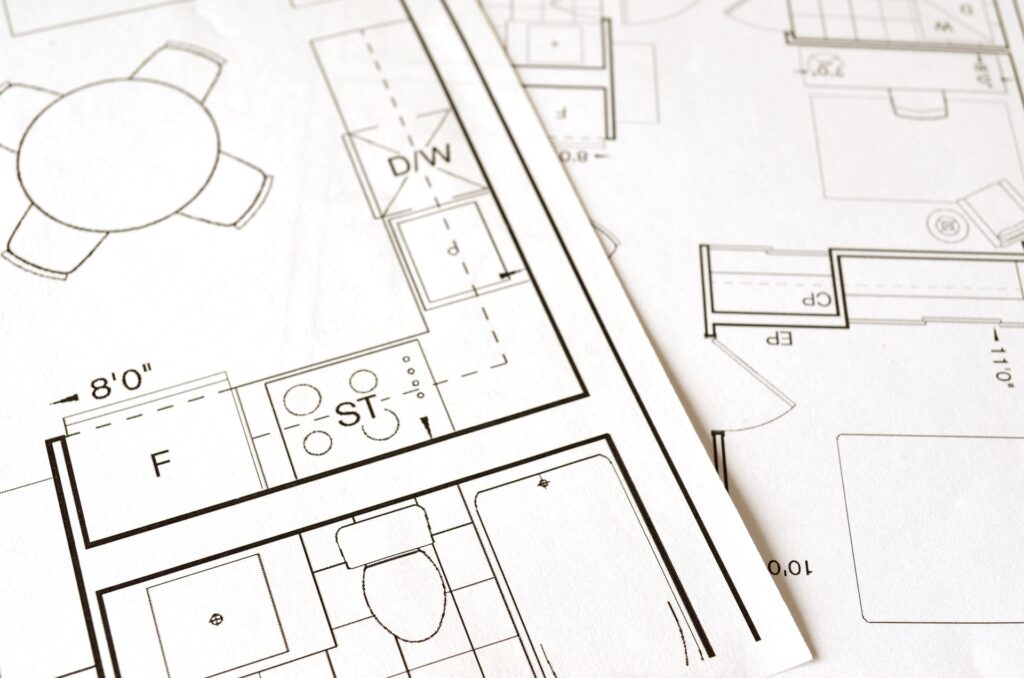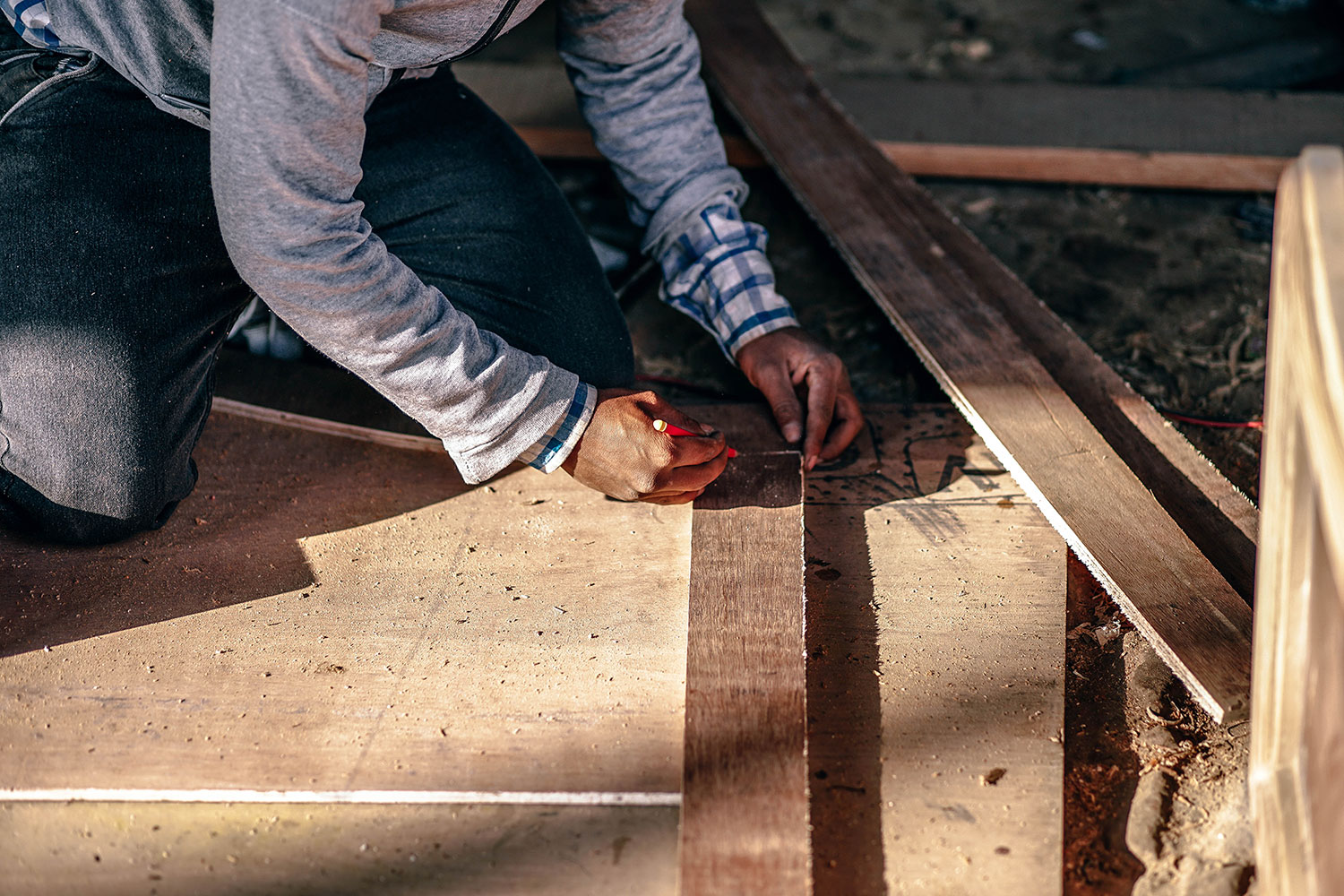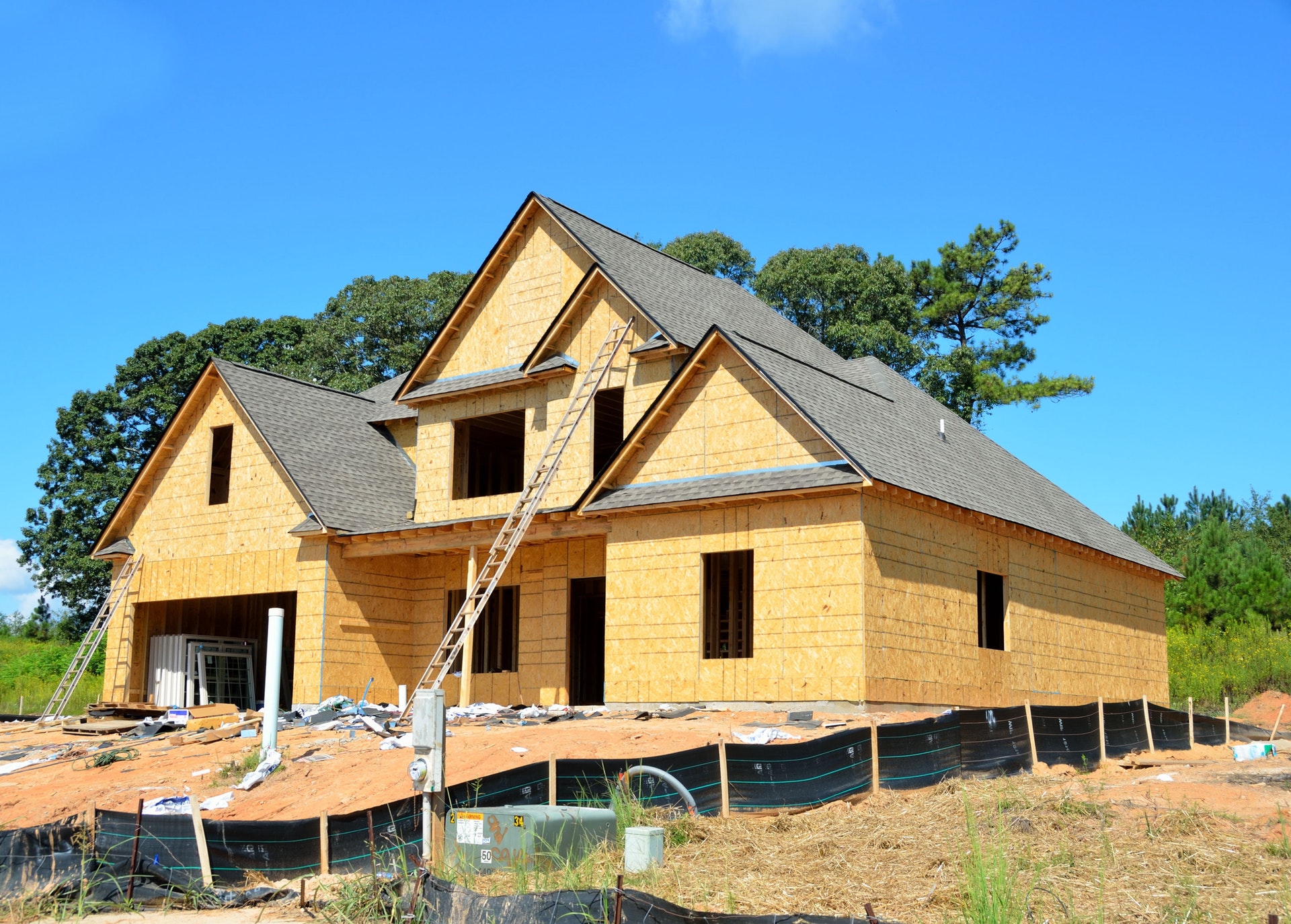Structural Integrity
When we talk about structural integrity, we are referring to the ability of a structure to remain safe, functional, and reliable throughout its lifespan. It means the building or infrastructure can withstand everyday loads, environmental factors, and unexpected forces without failure. But what does structural really mean? Simply put, it relates to the framework and physical components that hold a structure together.
What Is Structural Integrity?
In technical terms, structural integrity means the capacity of a structure to bear the loads and stresses it was designed for without collapsing, deforming, or losing functionality. The definition of structural goes beyond just strength — it includes stability, durability, and resilience.
A structure with good integrity will:
- Resist deformation under load
- Stay upright and balanced during extreme conditions
- Endure wear, weather, and aging without losing performance

Why Is Structural Integrity Important?
-
1. Safety Comes First
When structural integrity is compromised, safety is at risk. A weak or damaged framework can lead to accidents, costly repairs, or even total collapse. Ensuring the highest structural integrity meaning protects occupants and the surrounding environment.
2. Long-Term Durability
Buildings and infrastructure designed with integrity stand the test of time. They require fewer repairs and can withstand harsh weather, temperature changes, and heavy usage.
3. Regulatory Compliance
A structure that meets integrity standards also complies with building codes and legal requirements. This protects you from penalties and ensures your project is approved for use.
4. Resilience to External Forces
From earthquakes to high winds, a structure with strong integrity is better equipped to handle natural disasters and daily wear.




What Does Structural Mean in Engineering?
When engineers define structural, they focus on the load-bearing components that ensure the stability and safety of a building or object. In this context, the structural engineer meaning refers to a professional who analyzes, designs, and oversees construction to ensure that a structure can handle all expected loads without failure.
Factors That Affect Structural Integrity
- Material Quality – High-grade, durable materials are essential for longevity.
- Design Efficiency – Well-calculated structural designs distribute loads evenly.
- Construction Techniques – Proper installation methods prevent weaknesses.
- Maintenance – Regular inspections and timely repairs keep structures in top condition.
How We Ensure Maximum Structural Integrity
At Architech2 Engineering, we take a scientific and meticulous approach to guarantee every project meets the highest structural integrity standards.
- Thorough Planning – We conduct in-depth assessments and simulations before construction begins.
- Premium Materials – We source from trusted suppliers to ensure long-term reliability.
- Skilled Craftsmanship – Our experienced team uses best-in-class techniques for precision and quality.
- Rigorous Testing – Every structure undergoes stress tests and inspections to ensure it can withstand real-world conditions.

